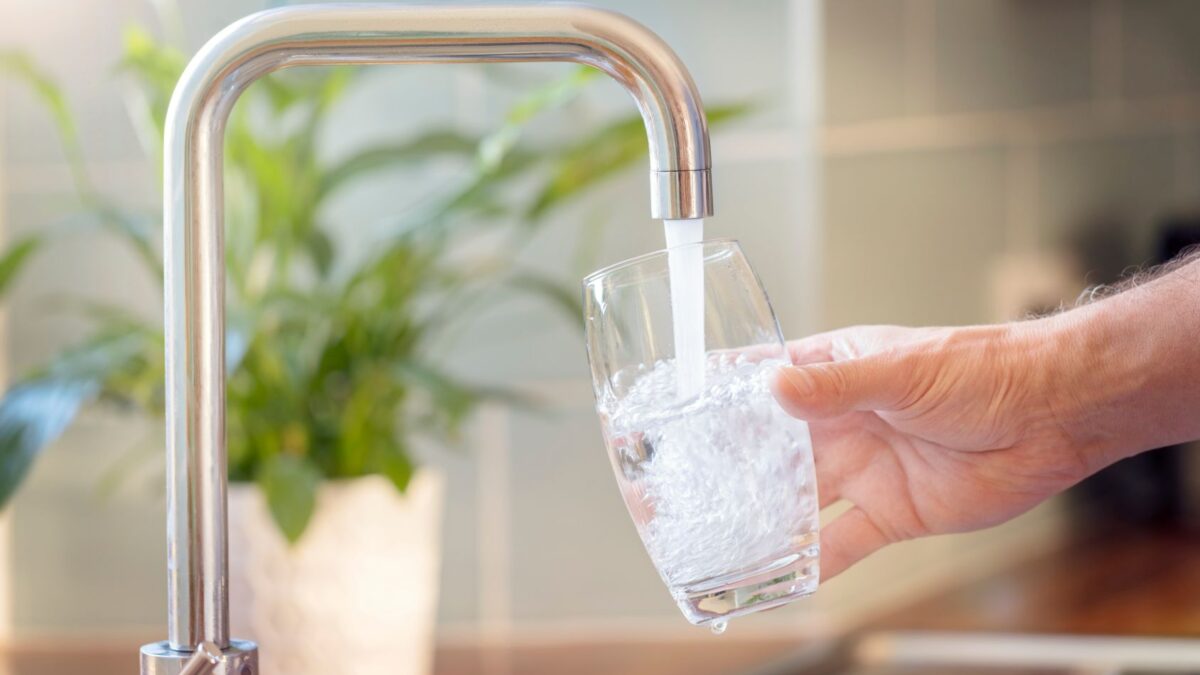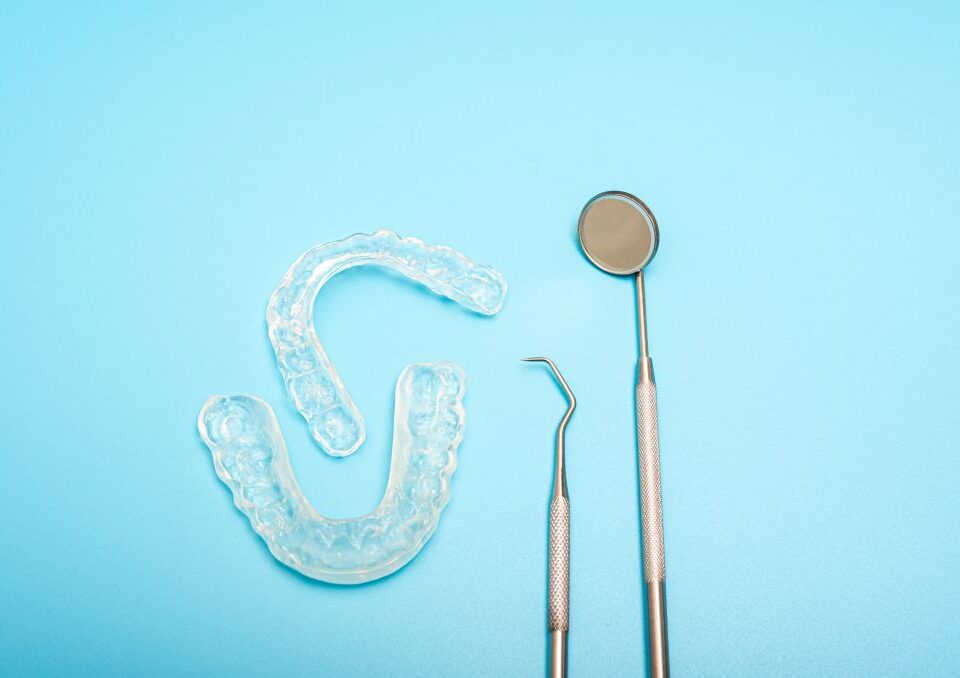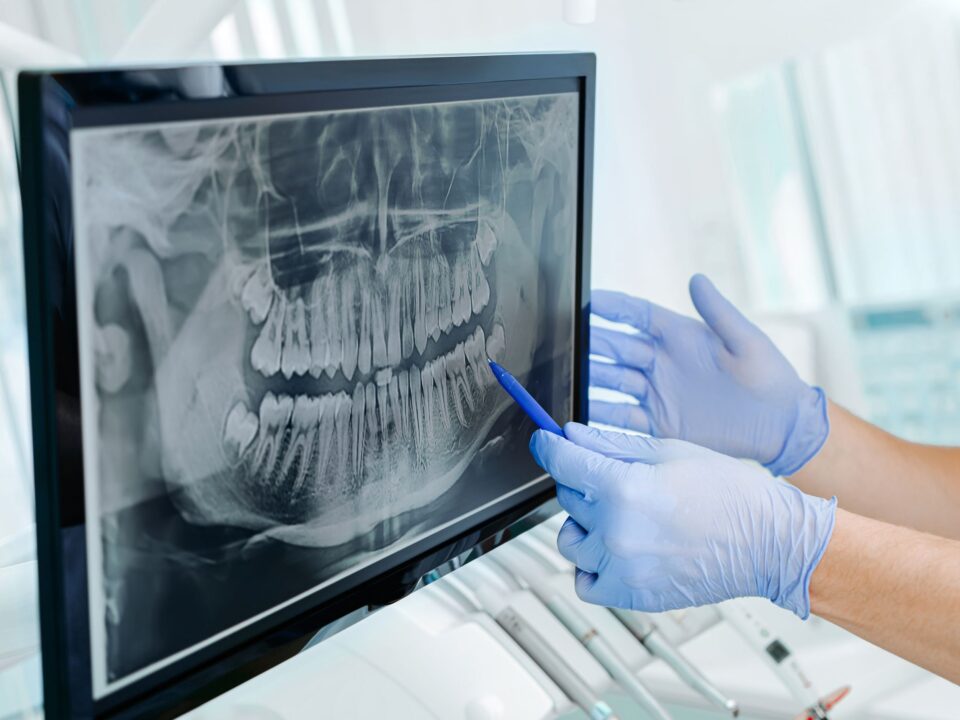How dehydration secretly can damage your teeth and gums
When we think about dehydration, we immediately picture dry skin, fatigue, or perhaps feeling lightheaded. But did you know that dehydration doesn’t just zap your energy – it can also silently sabotage your smile? At our family dentistry practice here in North Carolina, we’ve seen firsthand how hydration, or the lack thereof, can influence your oral health.
What Happens When Hydration Drops: The Role of Saliva
Saliva isn’t just harmless spit. It’s a superhero that helps:
- Rinse away food debris and bacteria
- Neutralize acids produced by bacteria
- Replenish enamel with minerals like calcium, phosphate, and fluoride
When you’re dehydrated, saliva production takes a nosedive. Your mouth becomes a breeding ground for harmful bacteria, and your enamel takes the hit. Over time, that can lead to decay, cavities, and other nasty surprises.
Dry Mouth (Xerostomia)
Dry mouth is uncomfortable and can be a warning sign of deeper oral health troubles. When saliva flow decreases by around 50%, dry mouth becomes noticeable, and it opens the door for enamel erosion and decay. Signs your mouth may be suffering from dehydration:
- Persistent dry, sticky-feeling mouth
- Cracked or chapped lips, dry tongue
- White coating on your tongue from bacterial buildup
- Bad breath, even after brushing
From Bad Breath to Tooth Decay
Low saliva levels don’t just make your mouth feel sticky. They set off a chain reaction:
- Bacteria accumulate, producing more acid
- Acid wears down enamel, leading to acid erosion and cavities
- Inflamed gums and plaque buildup follow, raising your risk for gum disease
- Tooth sensitivity and pain become realities, especially when enamel wears thin
Who’s Most at Risk?
While anyone can experience dehydration-induced oral issues, several groups are especially vulnerable:
- Older adults, due to age-related saliva decrease, medications, and chronic conditions
- People taking certain medications, such as antihistamines, antidepressants, and diuretics
- Individuals living in hot and humid climates, particularly during summer months
- Those who consume caffeine or alcohol, both of which can contribute to dehydration and dry mouth
Tell-Tale Signs of Dehydration
Your body may also be sending other signals of fluid deficiency:
- Darker or concentrated urine, low volume
- Fatigue, headaches, dizziness, or “brain fog”
- Dry skin and lips
- Blurry vision or mood shifts in more severe cases
How to Defend Your Smile
- Drink Adequate Water Daily: Experts often recommend at least 8 cups of water a day, but individual needs vary by temperature, activity, and health status. Start your day with water and carry a refillable bottle wherever you go.
- Choose Hydrating Foods: Fruits and vegetables like watermelon, cucumbers, and soups contribute to hydration while supporting overall health.
- Chew Sugar-Free Gum: Chewing sugar-free gum can stimulate saliva production and help rinse away bacteria, especially useful between meals.
- Avoid Drying Substances: Minimize alcohol, caffeine, and tobacco. They all reduce saliva flow. Also, avoid mouthwashes with alcohol, which can worsen dry mouth.
- Practice Excellent Oral Hygiene: Brush twice daily with fluoride toothpaste and floss regularly. Fluoride helps remineralize enamel, a crucial defense when saliva is low. Combine this with routine dental visits to catch problems early.
- Reevaluate Medications: Speak with your dentist or doctor if you take medications known to cause dry mouth. Sometimes, dosage adjustments or alternatives can help alleviate xerostomia.
- Stay Hydrated During Dental Treatment: Post-dental procedure hydration supports healing and comfort. Opt for water over drying agents like mouthwash and avoid straws that stress healing tissues.
Why This Matters
Staying hydrated is a simple but often overlooked step to preserve your family’s oral health. Dehydration can undermine even the freshest brushing and flossing habits, leading to long-term consequences like cavities, gum disease, and increased treatment needs.
If you’re experiencing persistent dry mouth, sensitivity, or other oral concerns, don’t wait. Contact our North Carolina family dental practice to set up an exam and restore hydration to your smile.




